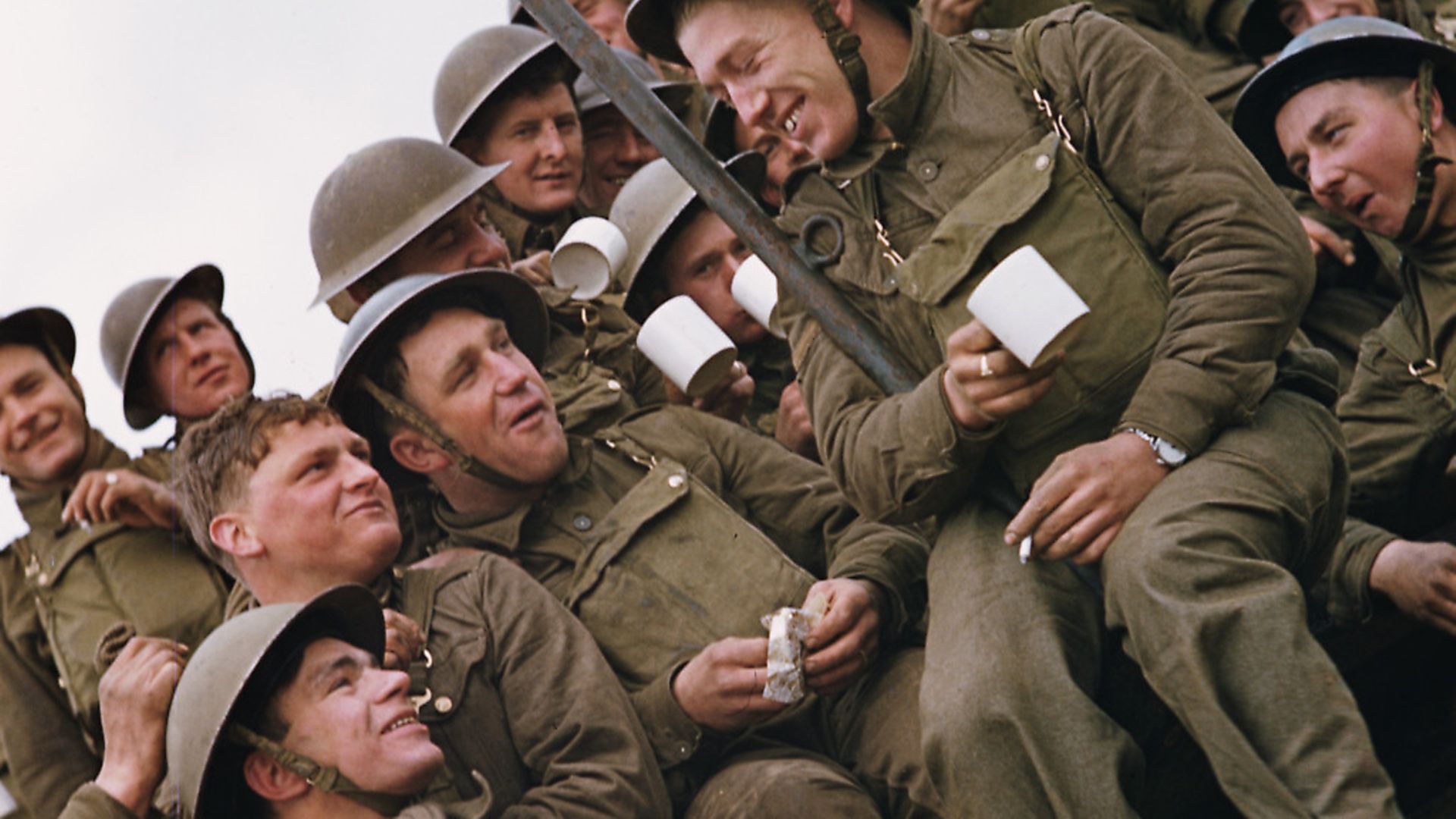
MITCH BENN discusses why links between Brexit and how it compares to past wars Britain have been involved in should not be made.
I’ve long thought that there should be some sort of ‘swear box’ system in operation in political journalism, except with interviewees being required to cough up for clichés rather than profanities.
I listen to a lot of American political news podcasts and I’ve come to the conclusion that the USA could quickly pay off its national debt if every serving or prospective politician had to put a dollar in a jar every time they uttered the words ‘the American people’.
It’s become almost meaningless punctuation and it’s inevitably at least 50% inaccurate (since it’s evident that no more than half of ‘the American people’ can agree on any topic at any given time) and it’s especially ironic when it comes from the kind of politician who, you suspect, would set their minders on ‘the American people’ if ‘the American people’ came within 50 yards of them.
We have a similar-ish problem in this country with politicians robotically invoking ‘the British people’, but at least they don’t say it twice every sentence the way their American counterparts do.
There is, however, a phrase I’d like to see banished from our political discourse, and it’s this: ‘We won the war.’
Leaving aside the xenophobic implications of bringing up ‘the war’ (and it’s intriguing that nobody ever feels the need to ask which war) in the context of Brexit – we’re not at war with anyone in Europe, and part of the foundational philosophy of the EU was to ensure that we never should be again – the obvious question is ‘who the hell is we?’
Unless the speaker is a man of at least 91 years of age, they didn’t ‘win the war’. Unless they’re in at least their late seventies they won’t remember the war and unless they’re over 73 they weren’t alive during the war. Yet every day now on the news we hear members of the public – and, to their shame (if they had any), Brexiteer MPs, all comfortably far younger than this, insisting that a no-deal Brexit will be no problem for Britain because, after all, ‘we won the war’.
First, not to burst anyone’s patriotic bubble, but did we? Did we really? We were on the winning side, certainly (and, history will confirm, very much the right side). And it’s true that staying unconquered for long enough to be on the eventual winning side was an extraordinary feat of national fortitude.
It’s always pleasing to be able to point out to the kind of American blowhard who comes out with ‘If it wasn’t for us you guys would all be speaking German now’ that actually, we’d successfully repelled the attempted invasion of Britain a good year before the USA even got in the game.
But any honest appraisal of the later stages of the Second World War would probably lead one to conclude that it was the Russians who did the most damage to the Nazi war machine (indeed, the D-Day landings and subsequent liberation of Europe was at least as much to do with keeping Stalin’s hands off the western nations as it was to do with kicking Hitler out).
It is disrespectful, though, isn’t it, to take personal credit for the achievements of one’s forebears and compatriots?
‘We’ (as in the generations born since 1945) no more ‘won the war’ than we won the 1966 World Cup, wrote Hey Jude or discovered penicillin.
It’s especially disrespectful to those who suffered during the Second World War to invoke that suffering as proof that Brexit will all be worthwhile, as there’s a defining difference between the war and Brexit: we didn’t choose the war.
To point at the people of that era’s capacity to withstand hardship that was imposed on them by unavoidable tragic circumstance to justify inflicting hardship on their descendants on purpose is absurd and ghoulish.
I’m not – unlike the Brexiteers – in the habit of co-opting the opinions of the dead in support of my cause, but I can’t help but wonder how wartime families struggling to feed their children under rationing would have reacted if they’d been told that 80 years later the country would choose to impose food shortages on itself.
But if patriotism is the last refuge of the scoundrel, sanitised romanticised Second World War nostalgia is the last refuge of the intellectually and morally bankrupt.
The reason you don’t tend to hear those who actually won the war trotting it out as a justification for jingoistic adventurism is that they remember what it was like. It wasn’t glorious, it wasn’t noble, it wasn’t heroic, it was a desperate teeth-and-nails fight for survival against unspeakable evil.
It was, in the words of one of the keenest proponents of a European Union, blood, sweat, tears and toil.
That we should reduce their struggle to a political talking point is dishonourable. That we should choose to cut ourselves off from the Europe they fought to save is obscene.










